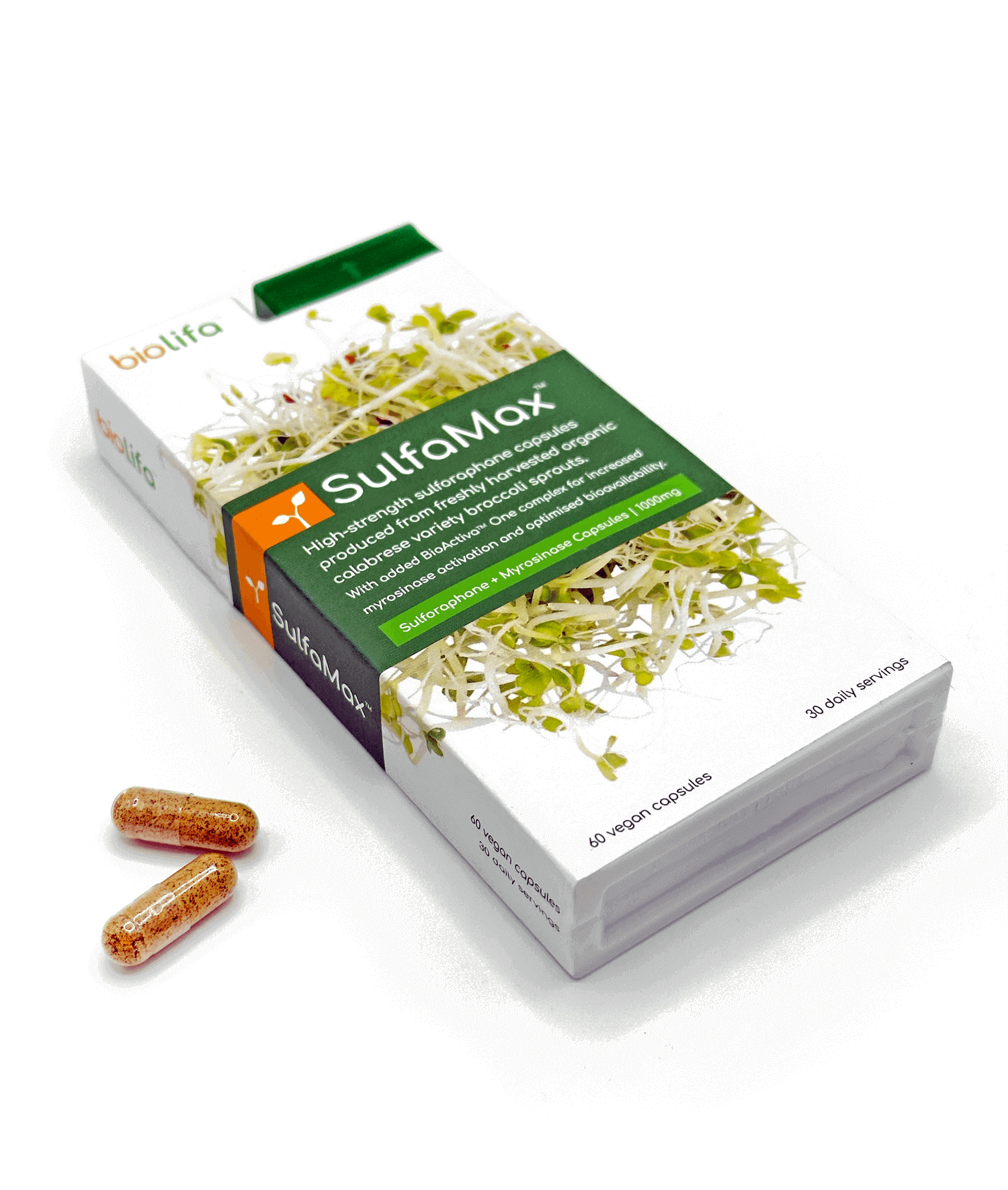Intellectual disability is a condition characterised by limitations in intellectual functioning and adaptive behaviour, which can significantly impact an individual's ability to learn and function in daily life. While there are a variety of causes of intellectual disability, including genetic and environmental factors, research suggests that oxidative stress and inflammation may play a role in the development of the condition.
Sulforaphane, a natural compound found in cruciferous vegetables such as broccoli, cauliflower, and kale, has been shown to have potential in the treatment of intellectual disability. Here's how.
Reduces Oxidative Stress
Oxidative stress occurs when there is an imbalance between the production of free radicals and the body's ability to neutralise them with antioxidants. This can lead to cellular damage and contribute to the development of various health conditions, including intellectual disability.
Sulforaphane has been shown to reduce oxidative stress by increasing the production of antioxidants in the body. In a study published in the journal Neuroscience Letters, researchers found that treatment with sulforaphane significantly decreased oxidative stress in the brains of rats with intellectual disability. Another study published in the journal Behavioural Brain Research found that sulforaphane supplementation improved cognitive function and reduced oxidative stress in mice with a genetic form of intellectual disability.
Reduces Inflammation
Inflammation is the body's natural response to injury or infection, but chronic inflammation can contribute to the development of various health conditions, including intellectual disability.
Sulforaphane has been shown to have anti-inflammatory effects, which may help to reduce the risk of intellectual disability. In a study published in the journal Biochemical and Biophysical Research Communications, researchers found that sulforaphane reduced inflammation in brain cells and improved cognitive function in mice with a genetic form of intellectual disability. Another study published in the journal Behavioural Brain Research found that sulforaphane treatment reduced inflammation and improved cognitive function in rats with intellectual disability induced by lead exposure.
Improves Brain Function
Sulforaphane has also been shown to have a direct impact on brain function, which may help to improve cognitive function and reduce the risk of intellectual disability. In a study published in the journal PLOS ONE, researchers found that sulforaphane improved cognitive function and increased the production of neurotrophic factors, which are proteins that support the growth and survival of neurons, in mice with a genetic form of intellectual disability.
In another study published in the journal Behavioural Brain Research, researchers found that sulforaphane improved cognitive function and reduced oxidative stress in rats with intellectual disability induced by lead exposure.
Overall, while more research is needed to fully understand the mechanisms behind the potential benefits of sulforaphane for intellectual disability, the available studies suggest that sulforaphane may be a promising natural compound for reducing oxidative stress and inflammation, improving brain function, and potentially preventing the development of intellectual disability.
It is important to note that while sulforaphane shows promise in treating intellectual disability, it should not be considered a replacement for traditional medications and therapies. Individuals with intellectual disability should always consult with a healthcare professional before making any changes to their treatment plan.
In addition to its potential benefits for intellectual disability, sulforaphane has also been shown to have numerous other health benefits, such as reducing inflammation, improving heart health, and promoting healthy brain function. Incorporating more cruciferous vegetables into your diet, such as broccoli, cauliflower, and kale, can be a simple and tasty way to increase your intake of sulforaphane and reap these health benefits.
Overall, sulforaphane is a promising natural compound that may hold the key to managing symptoms of intellectual disability and improving overall health. With ongoing research and clinical trials, we may soon have a better understanding of the full potential of this powerful compound.







